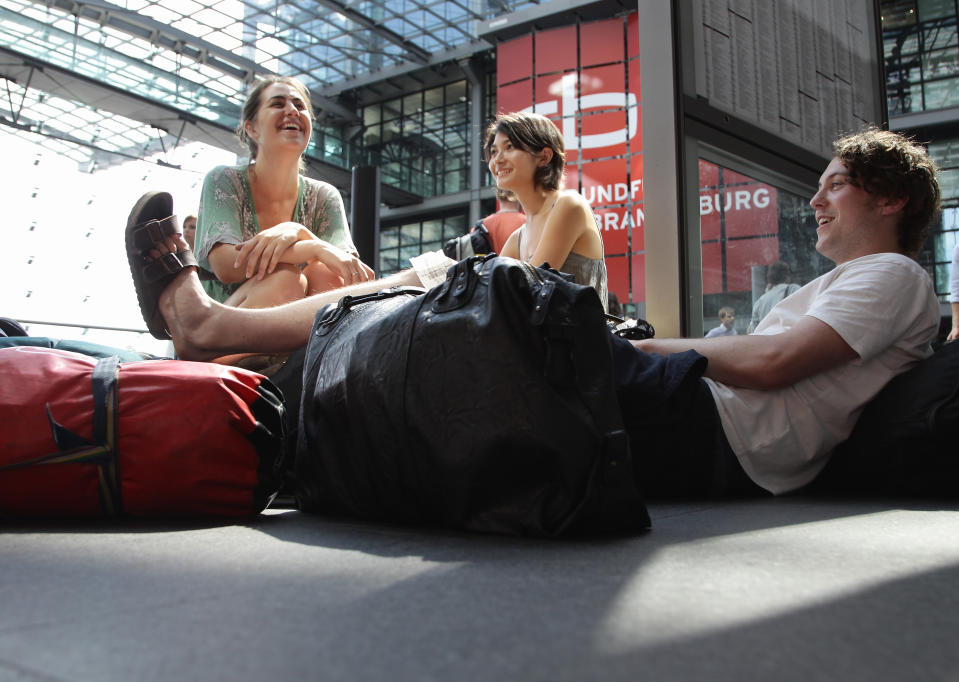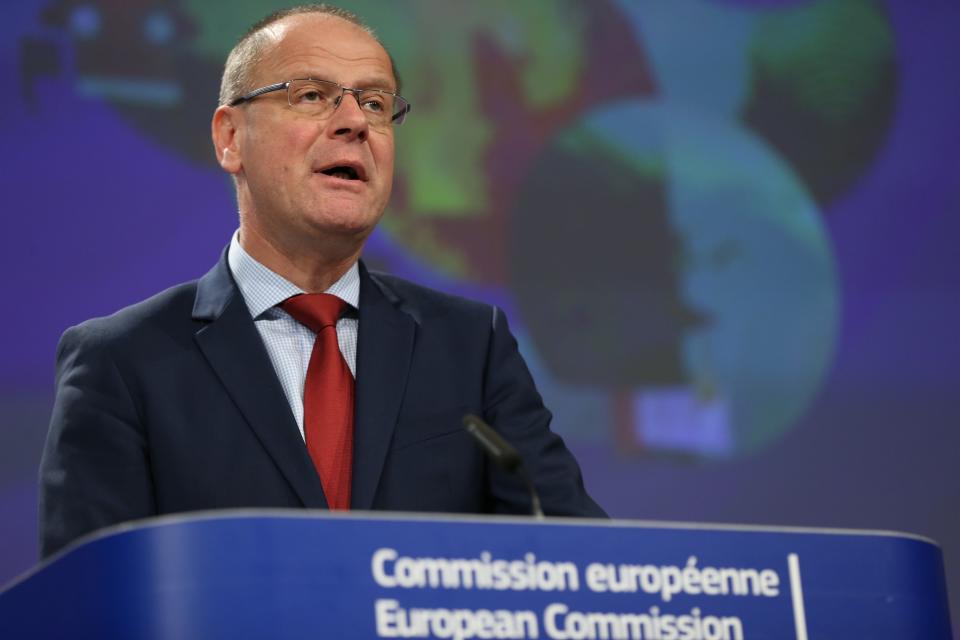Only 27 of the 15,000 free rail passes from the EU went to disabled people

Less than 1% of free European rail passes given to teenagers by the EU this summer went to people with disabilities, it has been revealed.
The European Commission provided 15,000 passes for 18-year-olds as part of its new €12 million ‘Discover EU’ scheme, designed to foster European identity among young people.
Unsurprisingly, the offer proved hugely popular with teenagers across the continent and the commission received six times as many applications as there were places on offer.
But the commission has now revealed that just 27 of the successful applicants were people with reduced mobility or special needs – that’s 0.18% of the total number of passes.
The figure was disclosed by Tibor Nacracsics, the EU commissioner for education, youth, culture and sport, in answer to a written question by Slovak MEP Jana Žitňanská.
Žitňanská, who is in the same political group as British conservative MEPs, said she was “very disappointed” with the result after “repeatedly trying to drag their [the commission] attention to the special needs young people with disabilities have.”
She told Yahoo Finance UK: “I think that this number is shockingly low and among other reasons, I feel like it is also the consequence of lack of the targeted campaign and failure to raise awareness about this program among young people with disabilities.”

Applicants had to answer five quiz questions about the EU and then guess what the total number of applications would be. Applications were then whittled down by an evaluation committee made up of commission officials.
The commission’s Q&A for the scheme said it would assess the costs of providing additional support to applicants with special needs on a case by case basis. “In that respect, costs of special assistance (accompanying person, dog for visually impaired participants, etc.) might be covered,” it said.
The commission has told us that a further 21 applicants with disabilities were on the reserve list of 9000 people. We have asked for the total number of applicants with disabilities but have not yet received the figure.
Commission spokesperson Christian Wigand said: “Not many people with disabilities applied for the free travel tickets in the DiscoverEU pilot initiative.
“We hope that after the overall very successful first round, more young people – including more people with disabilities – will become aware of the project and will apply in the second round starting this autumn.
“We will of course look into additional possibilities on how to promote Discover EU project among young people with disabilities and to encourage them to apply for the tickets.”
The commission said it is working with the European Disability Forum and European Network for Accessible Tourism to make the scheme more accessible.
Kamil Goungor of the European Disability Forum said the “fantastic initiative” is “going in the right direction” but that the numbers show “not everything is perfect.”
He said: “From the 15.000 youngsters in this phase, only 27 disabled were selected. A very low number which shows the existence of many barriers that hinder their participation on a totally equal level.
“Accessibility of the trains and stations, as well as the assistance provided there, are only some to name. “We have to continue to work together to make sure that these barriers will be eliminated, so everyone have the opportunity to live this lifetime experience.”
MORE: Exclusive – UK had lowest take-up for EU’s rail pass giveaway to teens

 Yahoo Finance
Yahoo Finance 